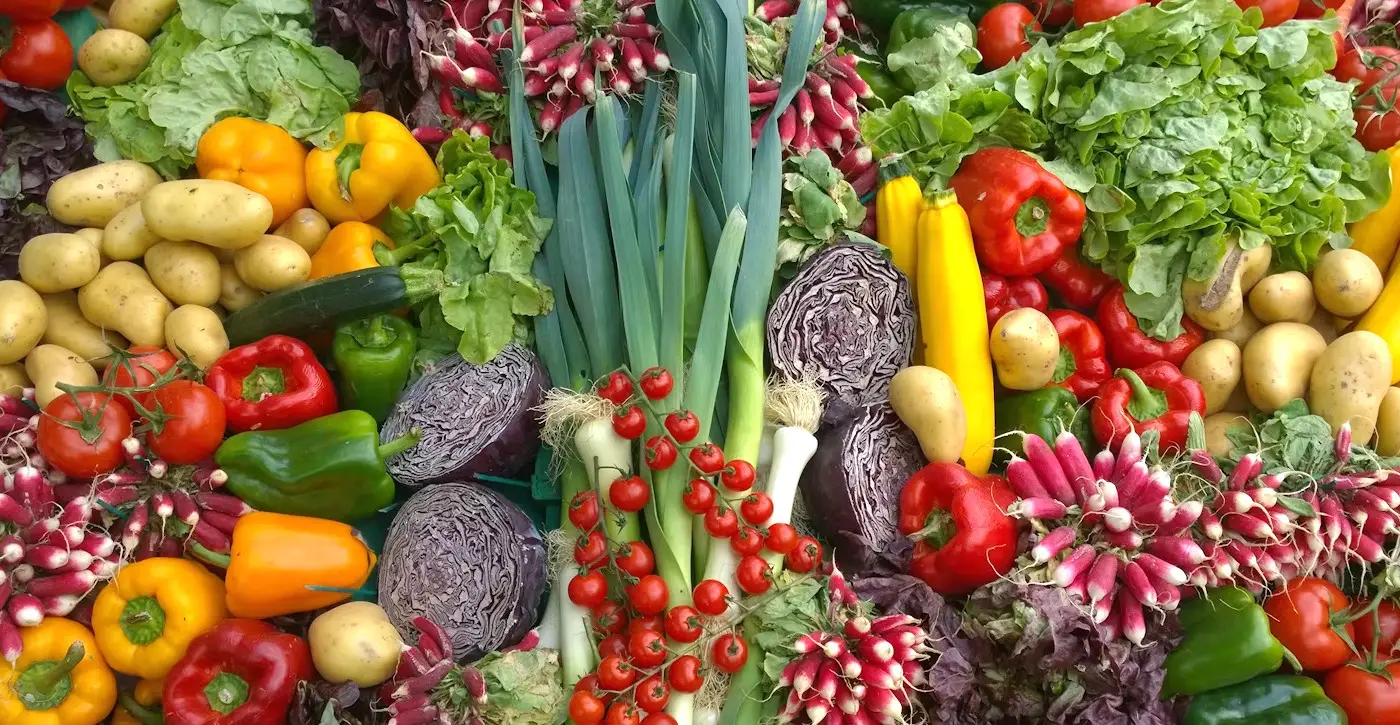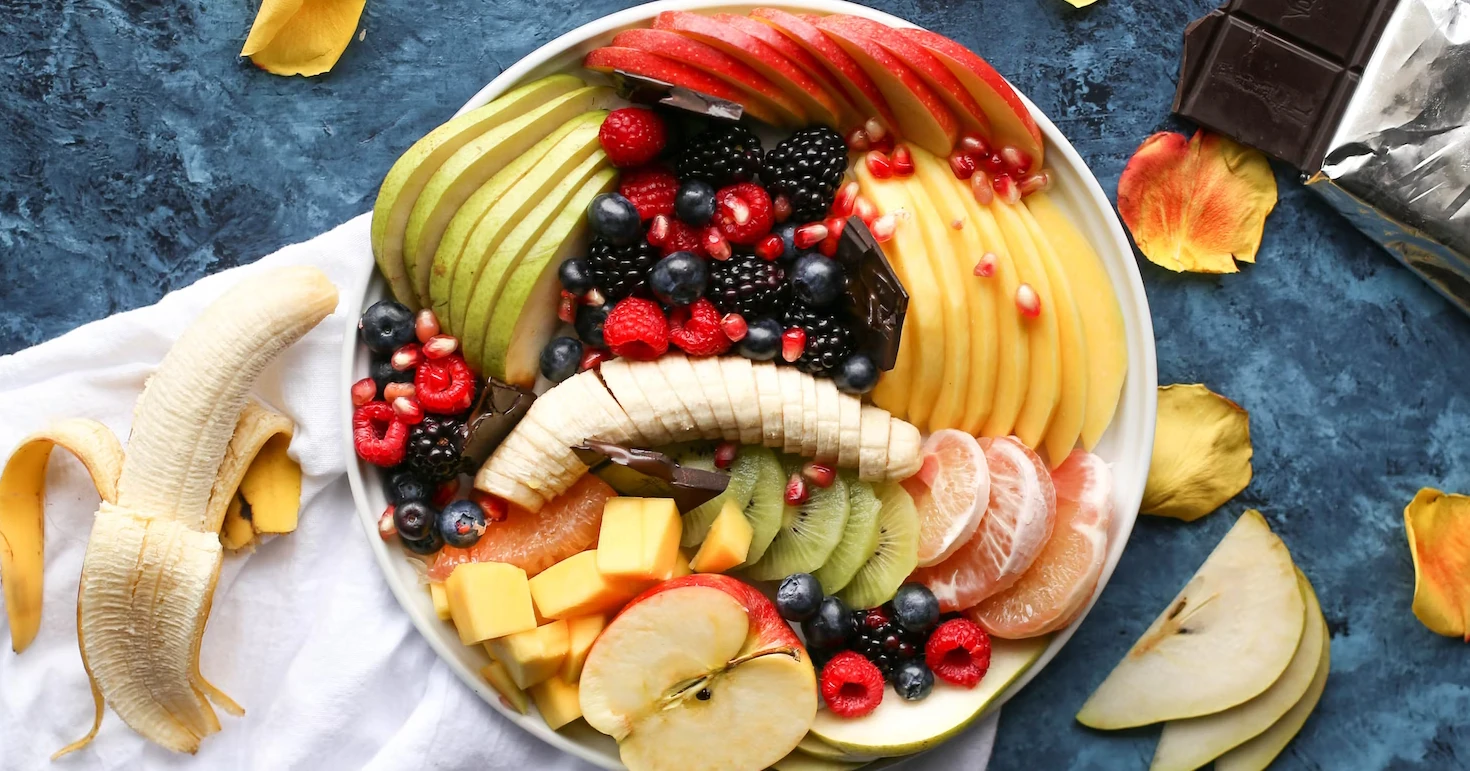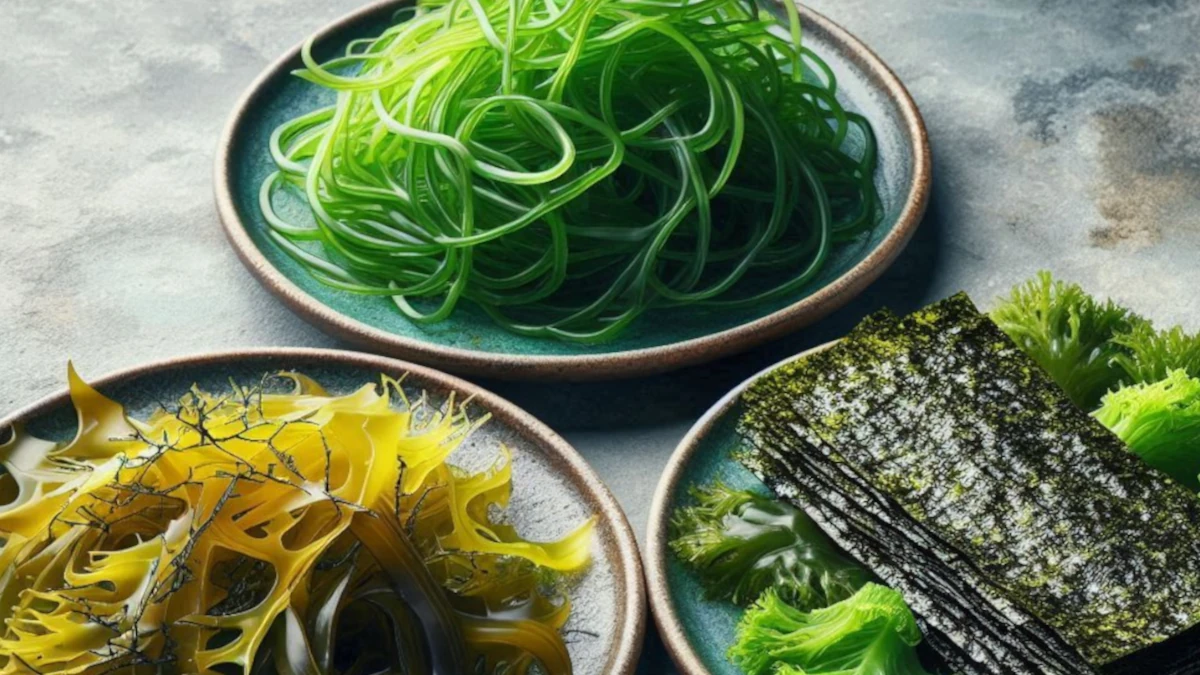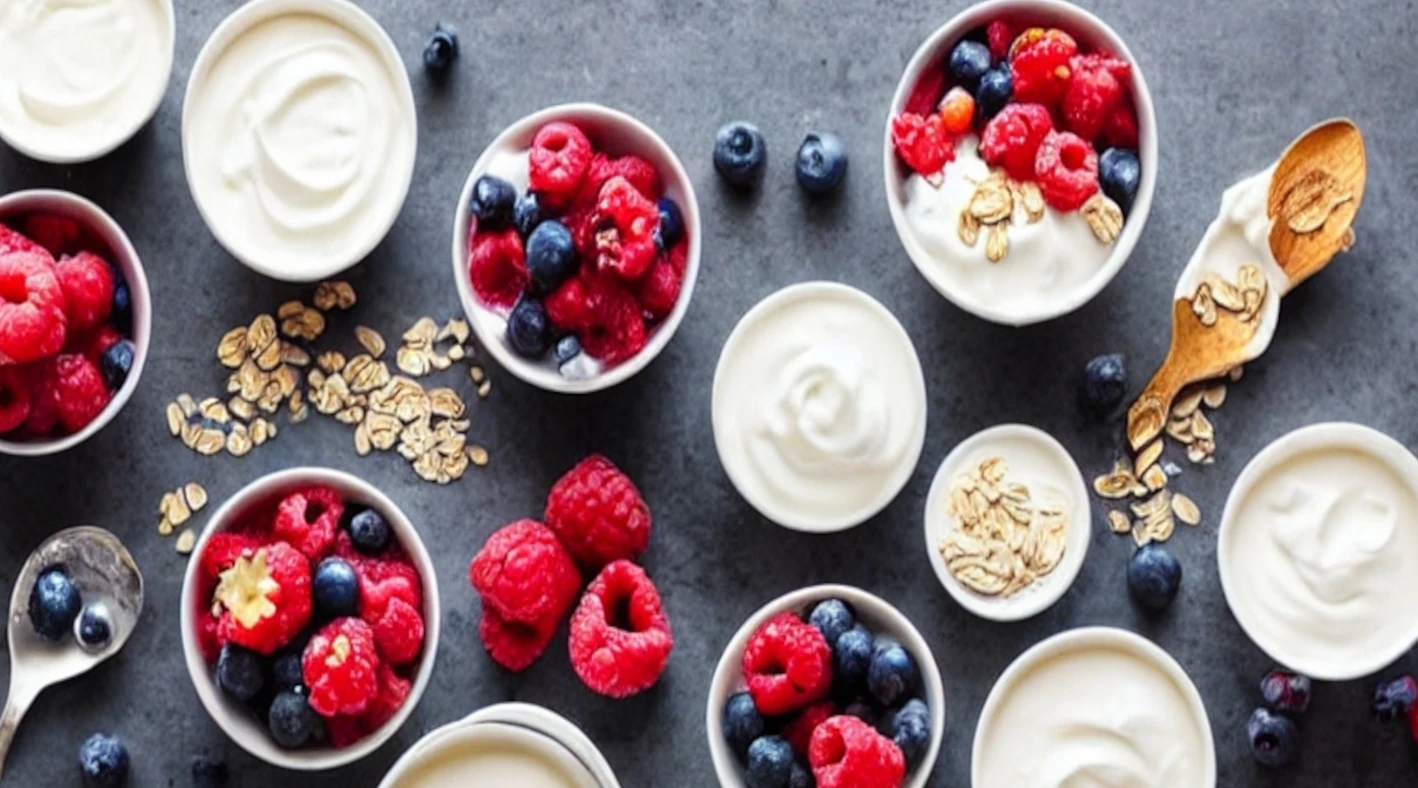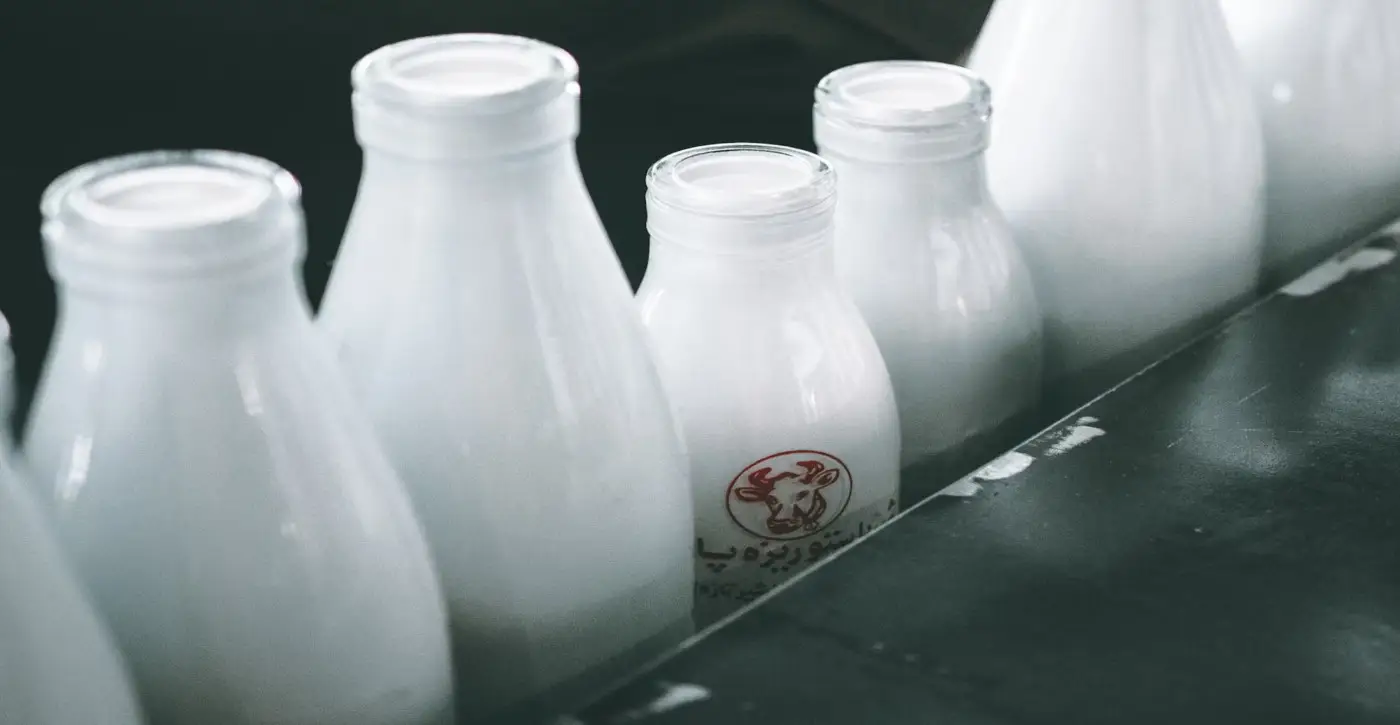Red Wine Lysine and Arginine Info Sheet
Overview
Red wine is a drink that is made from fermented grapes, usually with the skin and seeds. It has a fruity and acidic taste and a red color. It is usually consumed with meals or for enjoyment.Red wine is rich in antioxidants, such as resveratrol, quercetin, and anthocyanins, that can protect against oxidative stress and inflammation.
Red wine may also have some health benefits, such as lowering the risk of cardiovascular disease, diabetes, and dementia.
However, red wine also contains alcohol, which may have negative effects, such as impairing liver function, increasing blood pressure, and causing dehydration.
| Name | Lysine (mg/100g) | Arginine (mg/100g) | Ratio |
|---|---|---|---|
| Red Wine | 0.01mg | 0.01mg | 1 |
Red Wine contains 0.01mg of Lysine and 0.01mg of Arginine per 100g of product.
This means Red Wine has a neutral Lysine-Arginine ratio of 1.
Because Red Wine has a neutral ratio of lysine and arginine, it does not have a significant impact on people who suffer from herpes, as it does not affect the viral activity.
Lysine Considerations
Red wine has a very low amount of lysine, which is an essential amino acid that the body cannot produce.
Lysine is important for protein synthesis, collagen formation, and calcium absorption.
Lysine deficiency may cause fatigue, anemia, hair loss, and impaired immunity.
It is one of the nine amino acids that the body cannot make by itself, so it has to come from the food we eat.
Lysine has different functions in the body, such as helping with growth, healing, energy, immunity, and collagen production.
Lysine may also have some effects on the herpes virus, which causes cold sores and genital sores.
Studies have suggested that taking lysine supplements or applying lysine cream may help prevent or treat these infections by blocking the amino acid arginine, which the virus needs to grow.
Arginine Considerations
Red wine has a very low amount of arginine, which is a semi-essential amino acid that the body can produce in limited amounts.
Arginine is important for nitric oxide production, wound healing, and immune function.
Arginine may help improve blood flow, lower blood pressure, and enhance exercise performance.
Arginine has a variety of benefits for our health and performance, such as lowering blood pressure, enhancing wound healing, and increasing exercise endurance.
Arginine can also affect the herpes virus, which causes cold sores and genital herpes.
Studies suggest that arginine may help the virus grow and cause outbreaks, so people with herpes may want to avoid foods that are high in arginine or take lysine supplements to block its effects.
Lysine-Arginine Ratio
Red wine has a neutral lysine-arginine ratio, which means that it does not affect the balance of herpes simplex virus (HSV) in the body.
However, red wine may have other effects on HSV, such as lowering the immune system, increasing inflammation, and triggering outbreaks.
Therefore, people with HSV may want to avoid or limit their intake of red wine and drink plain water instead.
Lysine and arginine are both amino acids that are involved in protein synthesis and other metabolic processes.
That said, they have opposite effects on the herpes simplex virus, which causes cold sores and genital herpes.
Lysine can prevent the replication of the virus, while arginine can stimulate it.
Because of this, eating foods that have a high lysine-arginine ratio may help reduce the frequency and severity of herpes flare-ups.
Some examples of foods that have a high lysine-arginine ratio are milk and cheese, fish, poultry, fruits, and vegetables.
These foods can provide the body with enough lysine to block the availability of arginine by the virus, and thus prevent its growth and spread.
Dietary Considerations
Alcohol is a beverage that contains ethanol, which is produced by fermenting sugars from various sources, such as grains, fruits, or honey.
Alcohol can have various effects on the body, such as relaxing the muscles, impairing the judgment, and increasing the blood pressure.
Alcohol has very low amounts of both lysine and arginine, and therefore has a neutral ratio.
Alcohol does not directly affect the herpes virus, but it can weaken the immune system and make the body more susceptible to infections.
Some alcoholic drinks may also contain other ingredients that have higher arginine to lysine ratio, but spirits and popular beverages such as beer, red wine, and white wine have little to know lysine and arginine.
Still, alcoholic drinks should be avoided or consumed in moderation by people with herpes.

For example:
Drinking enough water to keep yourself hydrated and remove toxins from your body.
Water can also help prevent dryness and irritation of the skin and mucous membranes, which can result in fewer outbreaks.
L-lysine supplementscan help you prevent herpes outbreaks and stop a cold sore before it develops by depriving the virus of arginine, which it needs to form a cold sore.
Taking other food supplements that can improve your immunity and protect your cells from oxidative stress, such as vitamin C, zinc, selenium, and antioxidants.
Avoiding foods that can cause allergic reactions or sensitivities, such as gluten, dairy, nuts, eggs, or shellfish.
These foods can trigger inflammation and weaken your immune system, making you more susceptible to outbreaks.
Eating foods that can soothe your symptoms and speed up your healing process, such as honey, yogurt, aloe vera, and chamomile.
These foods have anti-inflammatory, antiviral, and antibacterial properties that can reduce pain, swelling, and itching, and promote tissue repair.
Check more food information

